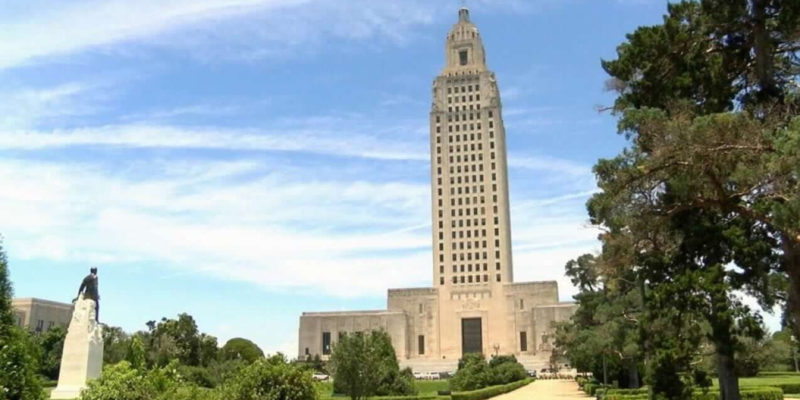The concept is sound, but the Legislature has a tricky road ahead if it wants to pass a statewide law to ban attempted panhandling that, if successful, by definition will do little to curb the practice.
HB 97 by Republican state Rep. Dixon McMakin would make panhandling illegal on all public roads in the state. Current statute bars this only on interstate highways and points of entry and exit, which practically doesn’t happen since panhandlers populate areas where traffic speed is extremely slow as that’s the objective: grift from vehicle occupants, which can’t be done unless vehicles are basically not moving.
This extension threads a very narrow needle eyelet, given Supreme Court decisions of the past decade. Essentially, the Court has ruled that panhandling can’t be banned because it’s annoying – which it is – as it is an exercise of free speech. Thus, grounds to regulate this behavior in any way must rest on other criteria, such as public safety for both those in vehicles and those in and around the road.
Failure to stay absolutely on this point has scuttled some local attempts in Louisiana since the Court extended free speech protections to begging. In Slidell, Bossier City, and Lafayette ordinances ran afoul of this because they attempted to regulate people standing in or around roads with signs or making verbal appeals without demonstrating a compelling interest on grounds other than expression.
This is why McMakin’s bill addresses public roads and that only, not including rights-of-way or any public land. This is a defensible, content-neutral approach because, clearly, somebody standing in a road runs the risk of being struck, providing an important government objective of public safety that such a statute would address, but it does not close off alternative channels of communication.
Such as, standing in a right-of-way, like next to a road or on a median strip, where the beggar can make a pitch vocally, through gesture, or by signage. Thus, even if the law passes, for example, it will be perfectly legal to beg on the median of a busy multi-lane street with a dedicated left turn lane standing right at the intersection, where traffic will come to a halt for an extended period of time.
In this instance, the only thing the law will do differently is prevent a panhandler, if rebuffed by occupants of the closest vehicle in the left turn lane, from sortieing out through other lanes of traffic to make more pitches at windows. But as they will choose the busiest intersections that will have the longest wait times and therefore the longest lines of vehicles, they simply then can traipse on the median down the line of vehicles, never entering the street.
Nor would the law change much with regulation now coming from the state level. Jurisdictions, whether they had something like this on the books before, can choose whether to enforce it. And while some opponents claim it wouldn’t help to ameliorate disadvantages of not working, including homelessness, it would help people in that situation by discouraging this avenue that deflects from contributing to society – especially for those who use the proceeds to engage in substance abuse – and keeps them from bodily injury by traffic.
At best, even as it promotes safety this law very marginally would discourage the overall volume of panhandling around streets. The law is good and needed, but will make little difference.
Advertisement
Advertisement

